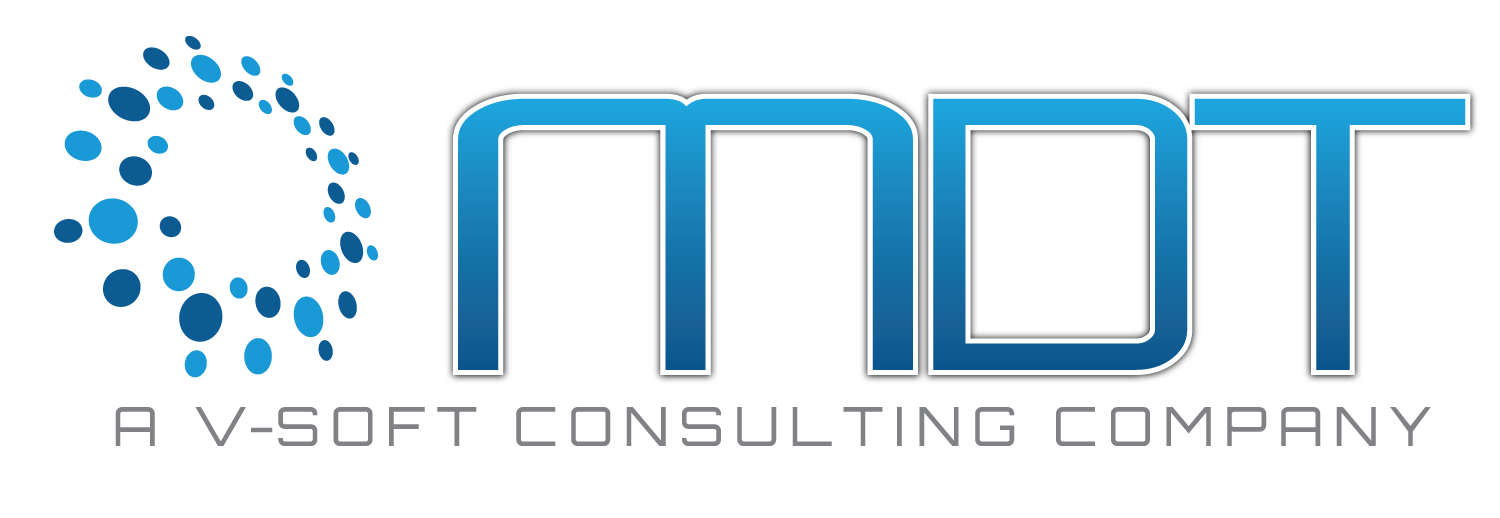Need to Knows for Data Intensive Jobs

Why does it seems so strenuous for job seekers to secure an interview for positions that are data intensive and are coerced by compliance laws and regulations? This is most apparent in the healthcare, insurance, financial and banking industries. All of these markets hold data control at high regard and aim to protect customer data and intellectual property from being compromised.
Many of these businesses view new hires as potential threats to IT security. This is why full spectrum background checks are critical during the new hire process and why job seekers need to endlessly prove that they are trustworthy. An assured way of attaining your trust within these markets is to know the ins and outs of data security and information governance as it relates to the obtainable position. Job seekers should have consumed knowledge of the following data control policies and apply them to their potential duties:
Security Policies
All businesses assimilate policies on how they determine IT equipment should be used. By acknowledging those policies and taking on the personal responsibility of following those policies can ultimately help a job seeker secure a position. Common policies include appropriate use of business owned assets.
Data Leakage
Data leakage is when information is shared with parties outside of who has access to specific data. It can be something as simple as losing a thumb drive to attaching the wrong document to an email, or theft of a corporate resource (i.e. computer, phone, etc.). Job seekers need to understand the consequences of data leakage to any length and must be willing to take on responsibility to lessen the occurrence of data leakage.
Email Security
Job seekers should educate themselves on the potential security risks of using email. Corporate email can be one of the biggest threats to information security. Potential risks include infected attachments, viruses, phishing attacks, click bait, forged web links, scams and more. When a job seeker demonstrates that they have a valuable understanding of the security ramifications of email use, they will have more benefit during the hiring process.
File Security
Even with today’s advanced technology, files can be easily accessible. The files range from spreadsheets to documents to databases and so on. This may also include working with customer records, account information, billing systems, etc. Understanding the rules of protecting this information and adhere to those rules and policies of businesses is crucial for job seekers and is to not be taking lightly. Something as simple as copying a file from one location to another could classify as a security violation. This is an additional reason why job seekers need to demonstrate trustworthiness.
System Security
System security could be understood from a common sense approach. It is basic knowledge not to use certain words or phrases as passwords, or to put passwords on sticky notes and share with others. Job seekers should demonstrate that they can be trusted to use their best sense of knowledge and well-known practices involving basic system security.
Appropriate Use
Appropriate use can vary depending on a particular corporation. Although corporate IT policies should clarify what is and isn’t considered appropriate usage, job seekers should know the basic dos and don’ts. Using business computers to surf the web, do personal research, engage in social media, conduct commerce, and access gaming or entertainment sites may not be allowed. Job seekers should reassure that as a new hire, they will not abuse privileges.
